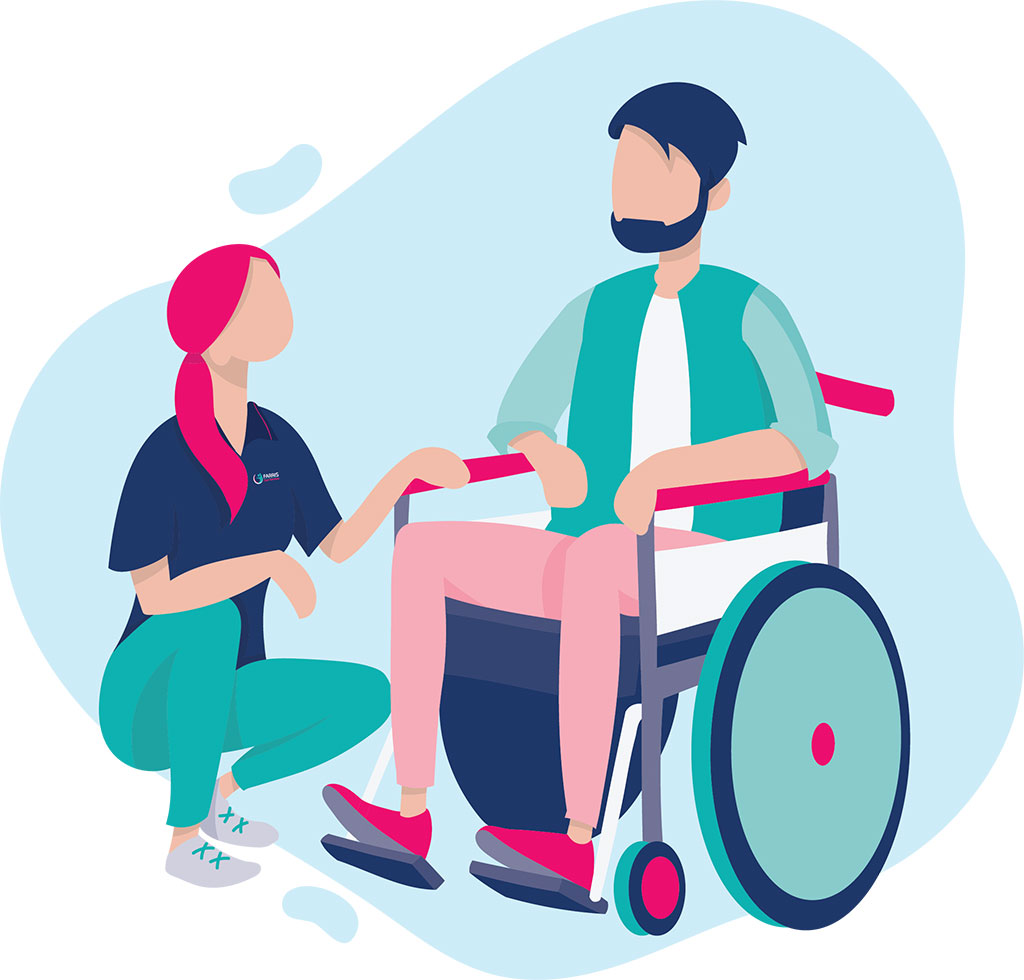Introduction
In the quest for a more diverse and inclusive world, the spotlight is increasingly turning toward disability services. These services play a pivotal role in ensuring that people with disabilities have equal access to opportunities, resources, and services. In this blog post, we will delve into the significance of disability services, their impact on the lives of individuals with disabilities, and the broader community.
Understanding Disability Services
Disability services encompass a wide range of support systems, accommodations, and resources designed to address the unique needs of individuals with disabilities. Disabilities can be physical, cognitive, sensory, or psychological, and they can vary greatly in their impact on a person’s life. Disability services are intended to level the playing field, ensuring that everyone, regardless of their abilities, can participate fully in society.
The Importance of Accessibility
One of the fundamental principles of disability services is the concept of accessibility. Accessibility ensures that public spaces, buildings, websites, and services are designed in a way that accommodates individuals with disabilities. This includes features like ramps, braille signage, closed captioning, and assistive technologies, which enable people with disabilities to navigate their environment and access information with ease. Accessibility is not just about compliance with legal requirements but also about fostering an inclusive environment where everyone feels valued.
Promoting Equality
Disability services play a crucial role in promoting equality. They help individuals with disabilities access education, employment, healthcare, and other essential services. For instance, educational institutions provide accommodations such as extended exam time, sign language interpreters, and accessible learning materials to ensure that students with disabilities have an equal opportunity to learn and succeed. Employment services support individuals with disabilities in finding and maintaining jobs, thus reducing unemployment rates in this population.
Supporting Independent Living
Many individuals with disabilities aim to live independently, and disability services can make this dream a reality. These services provide assistance with daily tasks, such as personal care, transportation, and household chores, enabling people with disabilities to lead more self-reliant lives. This not only enhances their quality of life but also reduces the burden on caregivers and families.
Breaking Down Stigmas
The provision of disability services also plays a crucial role in breaking down stigmas and stereotypes surrounding disability. When individuals with disabilities are actively engaged in their communities and workplaces, people become more familiar with their abilities and challenges. This familiarity fosters empathy and understanding, leading to a more inclusive society where discrimination and prejudice are less tolerated.
Challenges in Implementing Disability Services
Despite the immense benefits of disability services, there are challenges in implementing and maintaining them. Funding and resource constraints can limit the reach and quality of these services. Additionally, there may be cultural and societal barriers that hinder full inclusion. It is essential for governments, organizations, and individuals to work together to overcome these challenges and create a more accessible and equitable world.
Legal Frameworks and Regulations
To support disability services and ensure their effectiveness, various legal frameworks and regulations have been put in place. The Americans with Disabilities Act (ADA) in the United States, for example, prohibits discrimination on the basis of disability and mandates accessibility in public spaces and accommodations. Similar legislation exists in many other countries, reflecting a global commitment to inclusion.
The Role of Technology
In the digital age, technology plays a vital role in disability services. Assistive technologies, such as screen readers, communication devices, and mobility aids, empower individuals with disabilities to access information and interact with the world. Furthermore, the internet has become a valuable tool for raising awareness, sharing resources, and connecting people with disabilities to supportive communities.
The Broader Impact
It’s important to recognize that disability services don’t just benefit individuals with disabilities; they have a positive impact on society as a whole. When we create a more inclusive world, we enrich our communities with diverse perspectives, talents, and skills. This diversity fosters innovation, creativity, and problem-solving, making our societies stronger and more resilient.
Conclusion
In the pursuit of diversity and inclusion, we must ensure that disability services remain at the forefront of our efforts. These services play an essential role in creating a more accessible, equitable, and empathetic society. When we invest in disability services, we invest in a brighter and more inclusive future for all. It’s a future where everyone, regardless of their abilities, can thrive and contribute to the betterment of our communities and the world.






